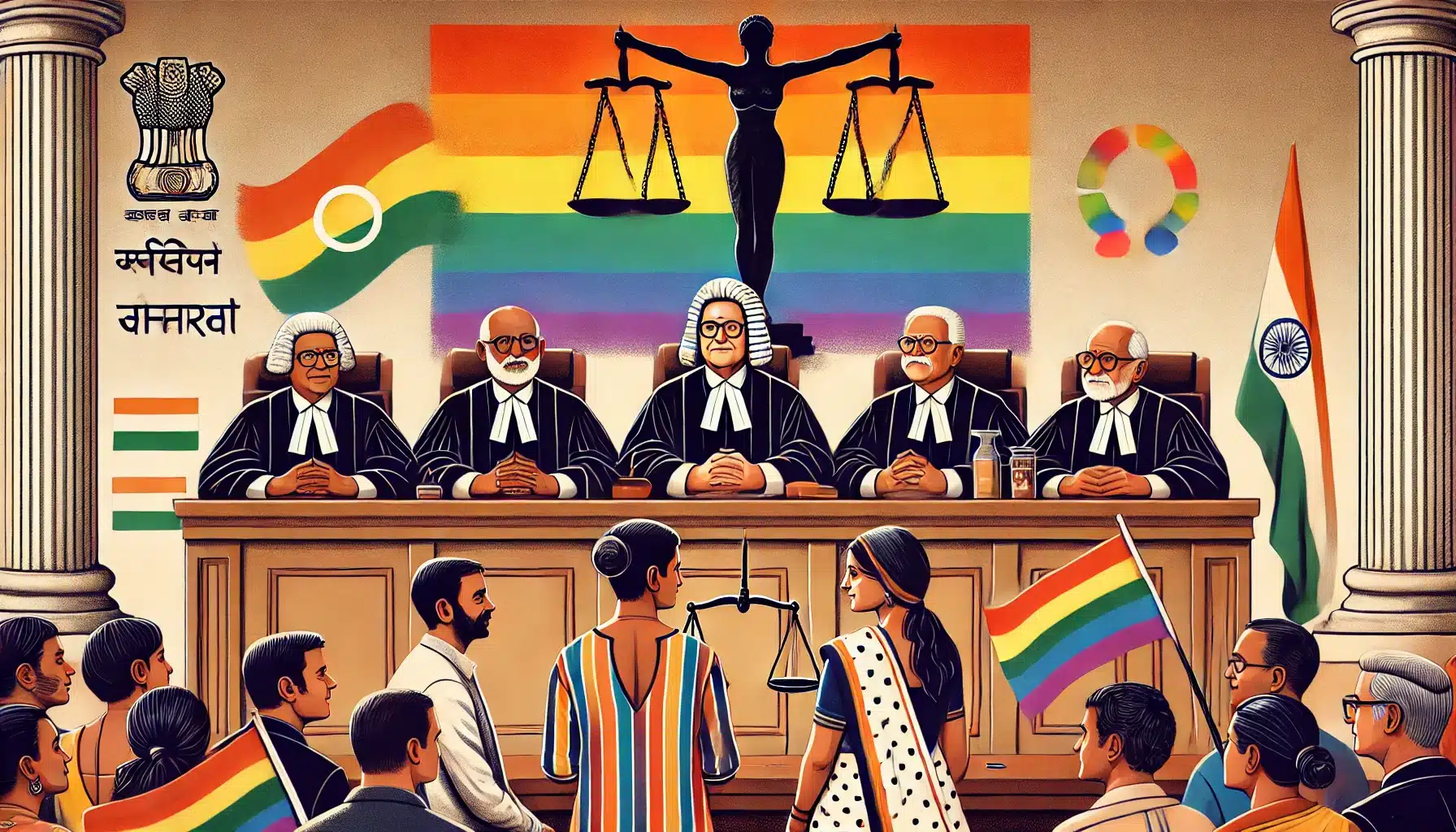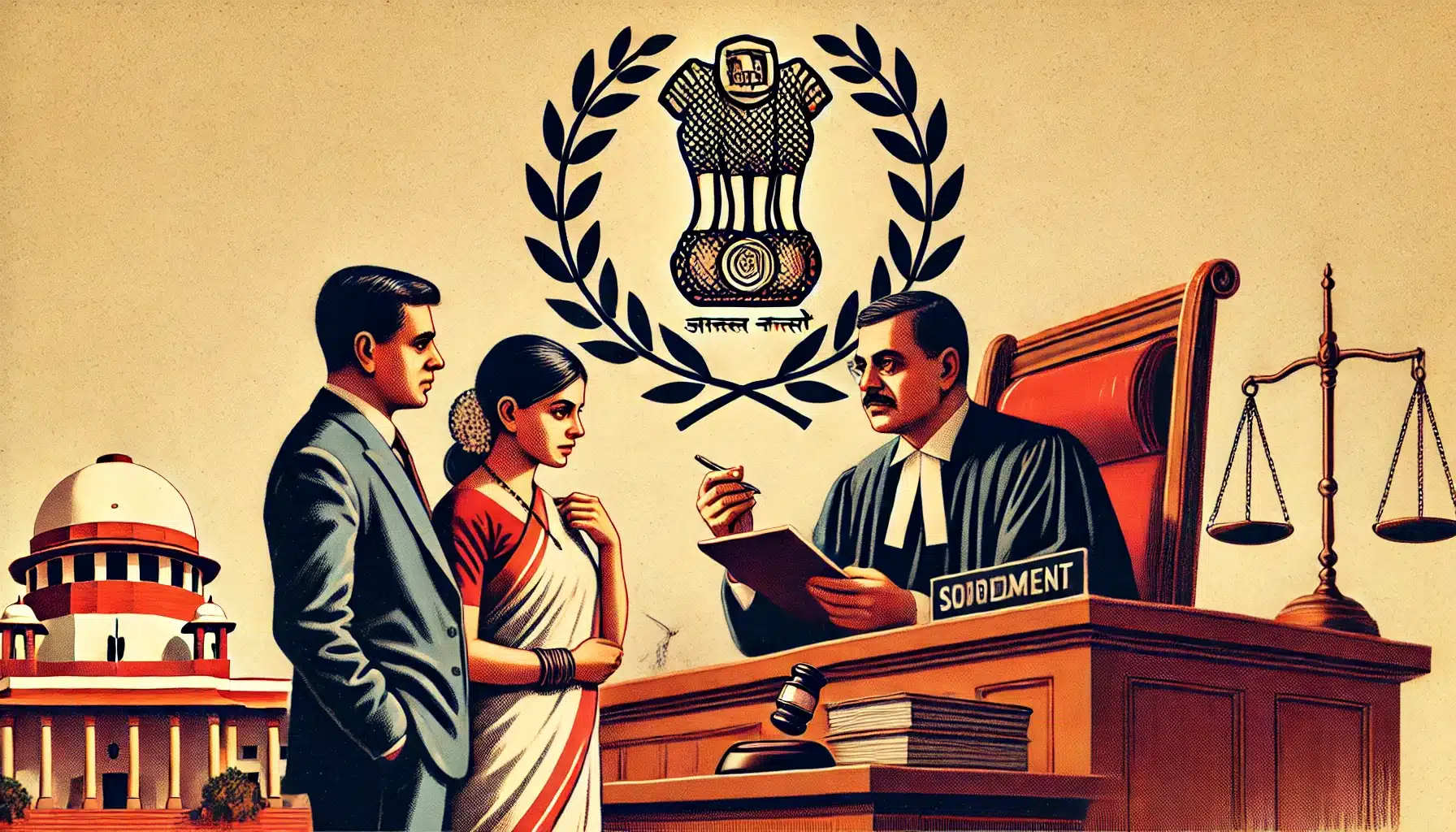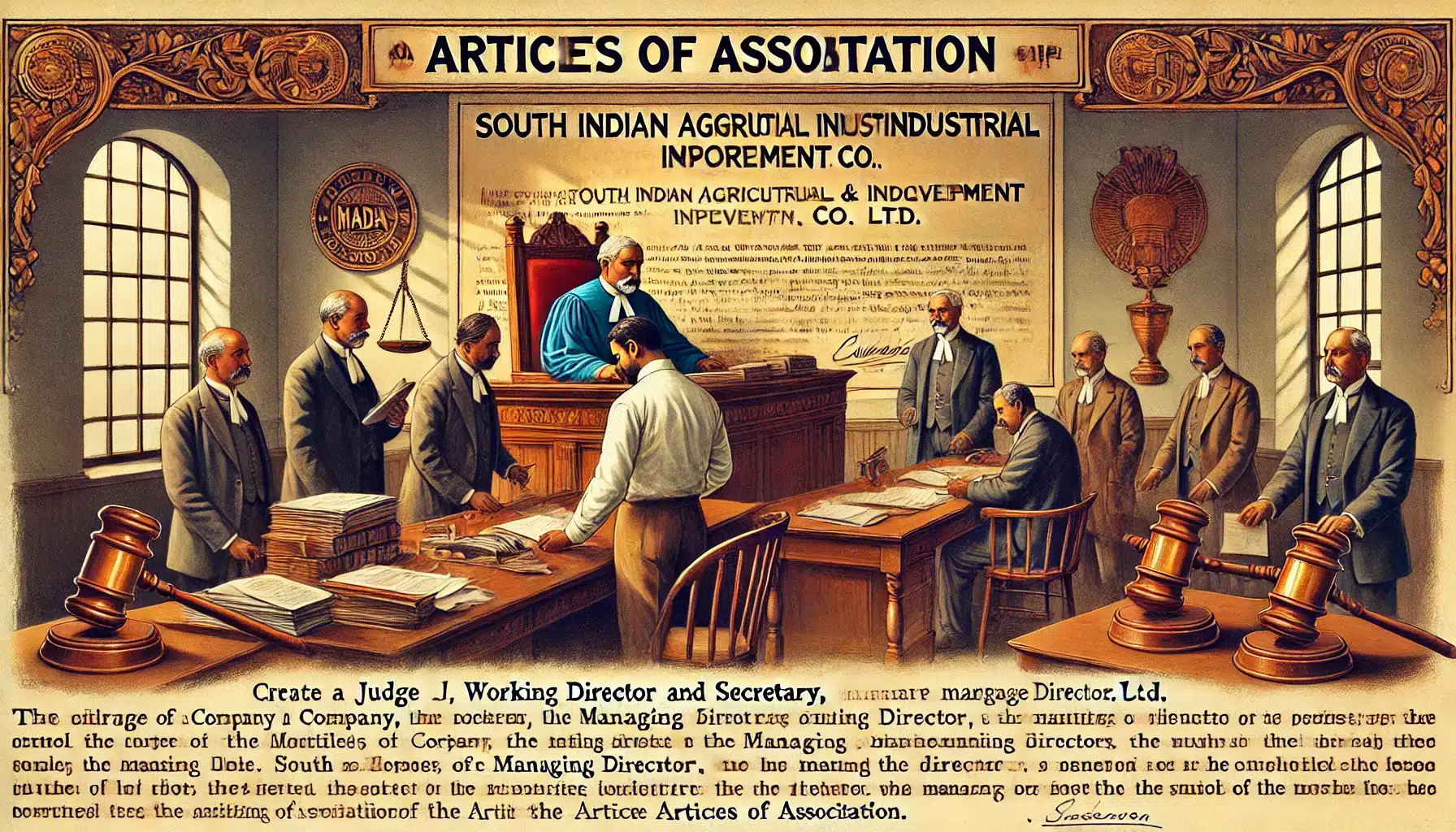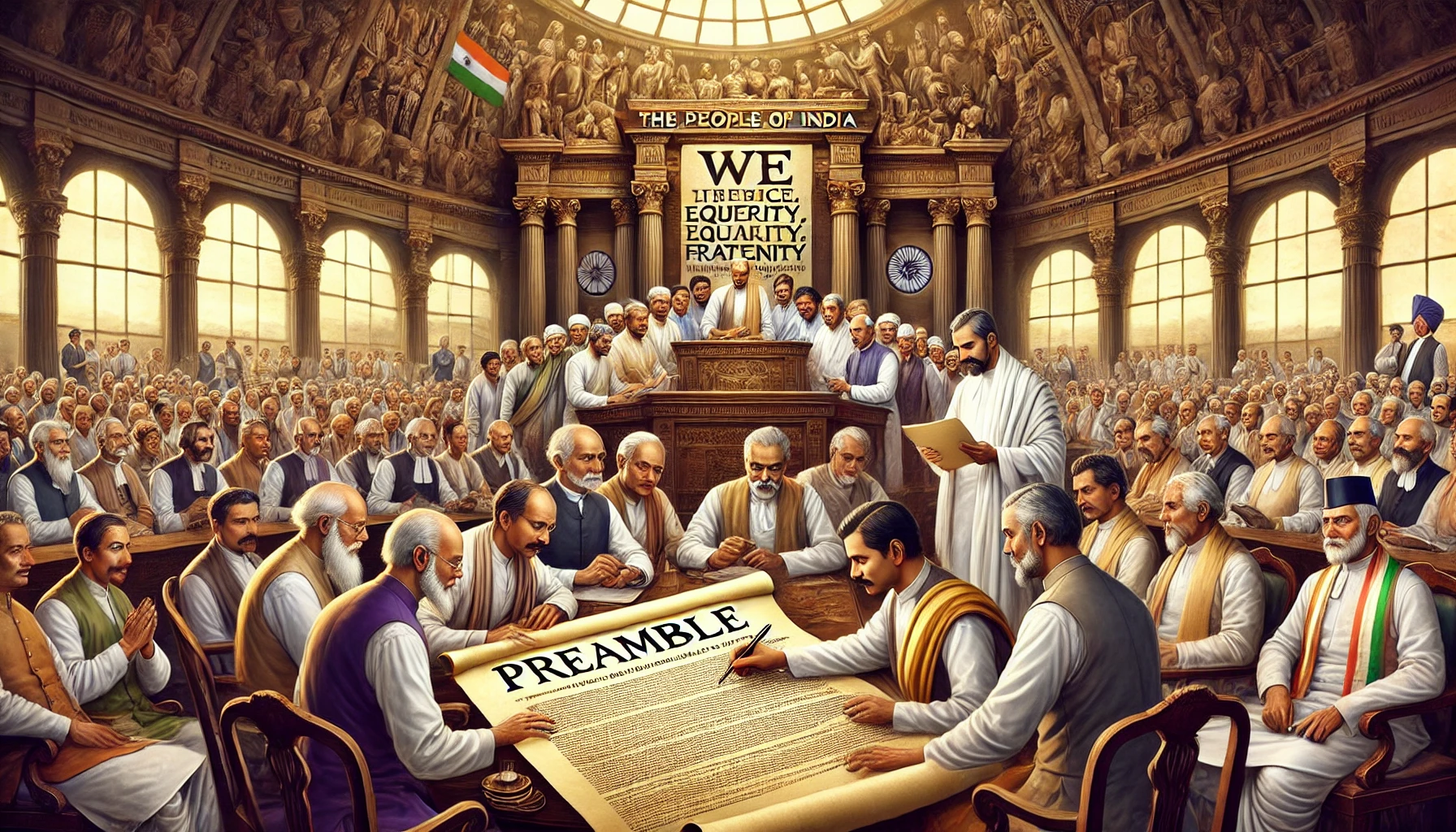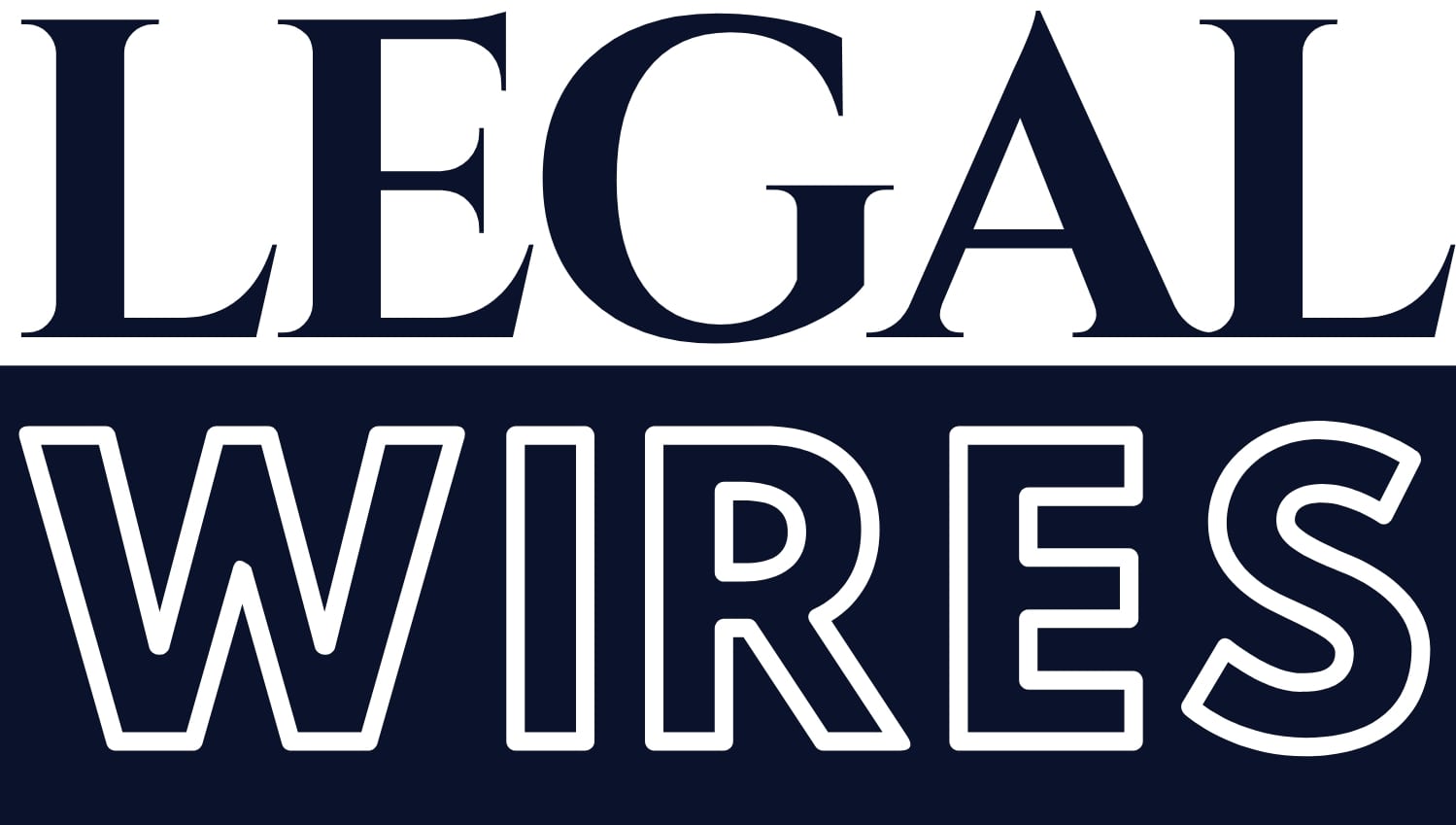Oct 25, 2021 16:36 UTC
| Updated:
Oct 25, 2021 at 16:36 UTC
Central Government: Foreign commercial entities don’t have fundamental rights
The Central Government filed an affidavit before the Delhi High Court averring that foreign commercial entities such as WhatsApp cannot challenge the constitutionality of Indian laws by invoking fundamental rights under the Indian Constitution.
WhatsApp and parent company Facebook challenged provisions of the new rules that require communication platforms to trace the first originator of messages because it would require the companies to break end-to-end encryption and violate user privacy agreements. In its affidavit, the government vehemently protested this allegation and argued that the traceability provisions are necessary for law enforcement authorities to track the originators of fake messages that “disturb the maintenance of public order.”
WhatsApp’s petition is based on the right to privacy which is guaranteed as part of the right to life and dignity under Article 21 of the Indian Constitution. The government has argued that WhatsApp is a commercial entity and cannot claim the right to life since this right is inapplicable to ‘artificial juristic’ entities. It further challenged the authority of WhatsApp, as a platform that monetizes users’ information for commercial profit, to bring such a challenge before court.
WhatsApp also challenged the right to freedom of business i.e. protected under Article 19(1)(g) of the Constitution of India. The government has rebutted this claim as well, stating that rights under Article 19 are only available to citizens of India and WhatsApp has a place of business outside India.
The affidavit was filed as part of the government’s response to WhatsApp’s lawsuit against the new Information Technology Rules which were brought by the government in February 2021.

















